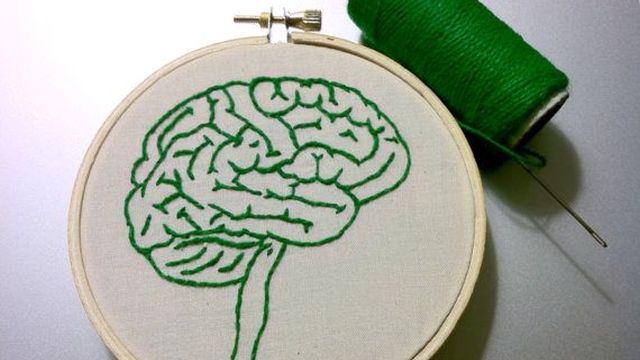
The psychology behind achieving your New Year’s resolutions
How are your New Year’s resolutions going?
Stanford University has published a great set of articles on the psychology of how to make and keep your personal promises. The challenges of individual change have clear parallels to the challenges of changing individuals as part of any knowledge or organisational change effort. Here are a couple of highlights.
The first study1 is relevant to our agile practitioners, looking at when and how the division of work into small sub-tasks can be motivational:
- Focus on small steps first, then shift to the larger goal
“We found that when individuals are initiating a goal and derive motivation primarily from the belief that the final goal state is attainable, the structure of sub-goals enhances the sense of attainability and therefore leads to greater motivation. Conversely, when people are completing a goal and the source of motivation centers primarily on the perception that their actions are of value, a focus on the overall goal (rather than sub-goals) heightens the perceived value of the goal-directed actions and leads to greater motivation.”
The second study2 presents an interesting lesson to anyone who has ever tried to explain the benefits of better IT security or government records management to their target audience – it can actually be better to present as flawed:
- Presenting yourself as a “perfect” expert may be hindering others from taking your advice
“When an expert displays exemplary behavior, individuals who fear negative devaluation sometimes anticipate that this expert will look down on them. As a result, displays of excellence can paradoxically turn off the very people they are trying to inspire … There are many roles in which experts may feel pressured, or even be advised, to present an exemplary lifestyle to others. By suggesting that superior behavior can backfire … there is a place for authenticity for those who come short of the ideal, and a role for compassion and empathy …”
Article source: Stanford University.
Header image source: Wikimedia Commons, Public Domain.
References:
- Huang, S. C., Jin, L., & Zhang, Y. (2017). Step by step: Sub-goals as a source of motivation. Organizational Behavior and Human Decision Processes, 141, 1-15. ↩
- Howe, L. C., & Monin, B. (2017). Healthier than thou?“Practicing what you preach” backfires by increasing anticipated devaluation. Journal of personality and social psychology, 112(5), 718. ↩






